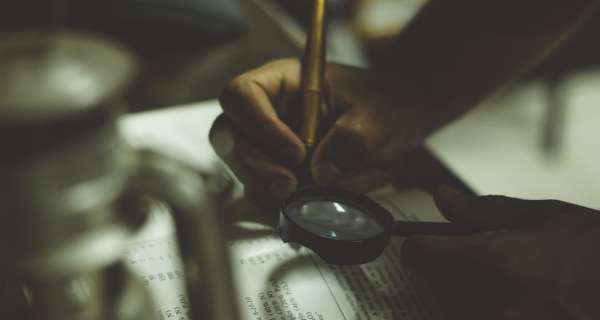
The best way to deal with an audit is to avoid the audits in the first place but if that is not possible then the next best thing is to prepare for the audit. The brown envelope from the Internal Revenue Service may make the butterflies in your stomach go wild but you should not panic because the news might not be as bad as you first think.
Your first thought when you see the envelope is probably that a full-blown audit will be required; however, it might just be a notice. You may have made a mathematical error on your tax return or entered the wrong amount from your W-2. In these cases, you will be able to clear up the issues by mail.
If you have been notified that your tax return is being audited, you will need to prepare for the audit. If you had a professional prepare the tax return that is being audited, you will need to contact the professional, provide them with a power of attorney for the IRS, Form 2848, and forward the IRS audit request. They will handle everything from there. A licensed tax professional can deal with the IRS directly and attend the tax audit on your behalf. That is one of the benefits of hiring a professional tax preparer to file your tax returns for you.
Regardless of if you have professional representation or not, you will still need to prepare for an audit by gathering all requested information and documentation that proves the items you claimed on your tax return. It is essential that you kept extremely good records all year, not just at the end of the year.
How Should You Prepare For An Audit?
You can be represented by an enrolled agent, tax attorney or CPA at an audit. They have a vast knowledge about tax law so they are able to represent you better than you would be able to represent yourself.
April 15th is not the time to get your records together. You need to make a habit of keeping good records all year. Use a filing system that keeps all of your documentation organized and filed with each year’s tax return. That way, if you get audited, you will be able to quickly find the documentation needed to prove everything you put on your tax return. It will alleviate so much stress.
You should keep records of receipts, bills, mileage logs, spreadsheets, and additional summary information. Make sure to include notes that explain what the documents are for. It is easy to forget the importance of a receipt from a year ago. You should keep all previous tax returns. Keep back up information for at least four years.
If you did not keep really good records for the year that is being audited, you need to recreate the records as best as possible. For example, if you claimed medical expenses, you may have to contact your doctors and request copies of your medical records. You can call your previous employers for copies of your 1099 and W-2 forms. Put all of the documentation together neatly and bring it to the audit with you.
Normally, the Internal Revenue Service will set the date, time and location for the audit. If possible, comply with their request. If you or your representative are not able to attend on the specific date they set, you can negotiate a different time. Your presentation is important. You need to be professional, polite and prompt. Dress in professional attire. Do not show up wearing a pair of jeans or with a box full of receipts. Show up on time and be organized. Make sure the IRS agent can tell that you take the tax audit extremely seriously.
It is important that you are forthcoming with all the information the IRS auditor asks but does not volunteer any additional information. It is an auditor’s job to prove that you did something wrong even if it was unintentional. When you are dealing with the auditor do not be impatient or surly; however, do not be fearful either. You need to act confident that the information on your tax return was accurate and you have the documentation that proves it.
A tax audit does not always result in owing more money for taxes. There are many audits that result in the Internal Revenue Service owing the taxpayer money.